On Tuesday, July 1 at 10:00 a.m. ET, the Atlantic Council’s Eurasia Center will host a discussion examining the effects of US policy in the Middle East and the latest NATO Summit on Russia’s war against Ukraine.
It has been an eventful two weeks for US national security policy. The decisive US strike on Iran’s nuclear capabilities that followed Israel’s remarkable recent operations have set Tehran back in acquiring a nuclear weapon. With a fragile ceasefire installed shortly thereafter, US President Donald Trump has shown that peace through strength can produce results.
The administration gave mixed signals on its Europe policy at the NATO Summit, with US Secretary of State Marco Rubio showing reluctance around sanctioning Russia, while Trump didn’t rule out the possibility of more air defense for Ukraine and voiced frustration with Russian President Vladimir Putin. This reflects the fact that while all eyes were on the crisis in the Middle East, the Kremlin increased the targeting of civilians in a massive bombing campaign in Ukraine and bristled with the US over its strikes against Russia’s strategic ally Iran.
Join this virtual conversation, moderated by Shelby Magid, deputy director at the Atlantic Council’s Eurasia Center, to explore how the latest developments in the Middle East and at the NATO Summit could affect diplomacy and the war in Ukraine.
speakers
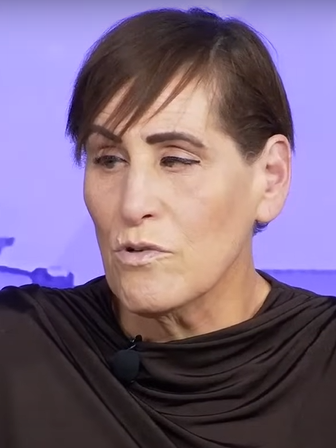
Debra Cagan
Senior Advisor, Eurasia Center
Atlantic Council
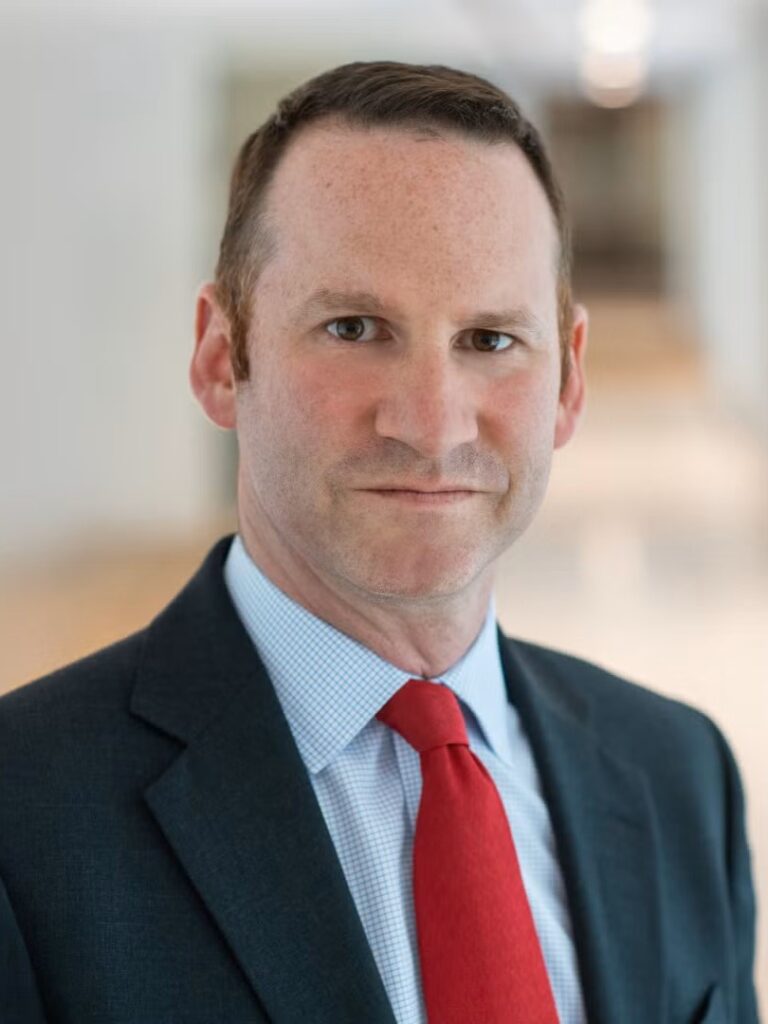
Luke Coffey
Senior Fellow, Center on Europe and Eurasia
Hudson Institute
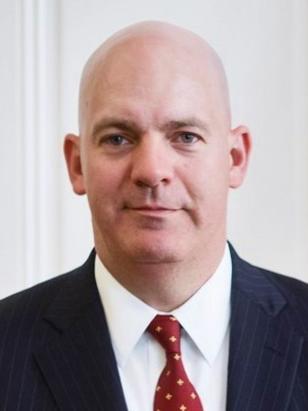
R. Clarke Cooper
Distinguished Fellow, Middle East Programs
Atlantic Council
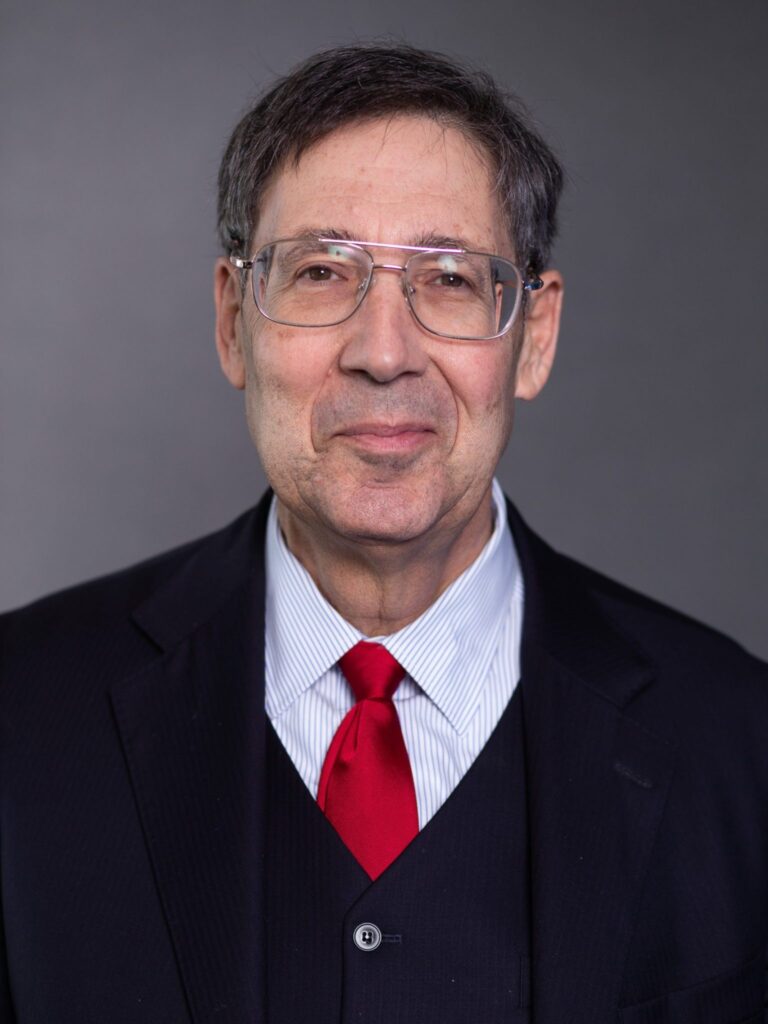
Ambassador John Herbst
Senior Director, Eurasia Center
Atlantic Council
Moderated by
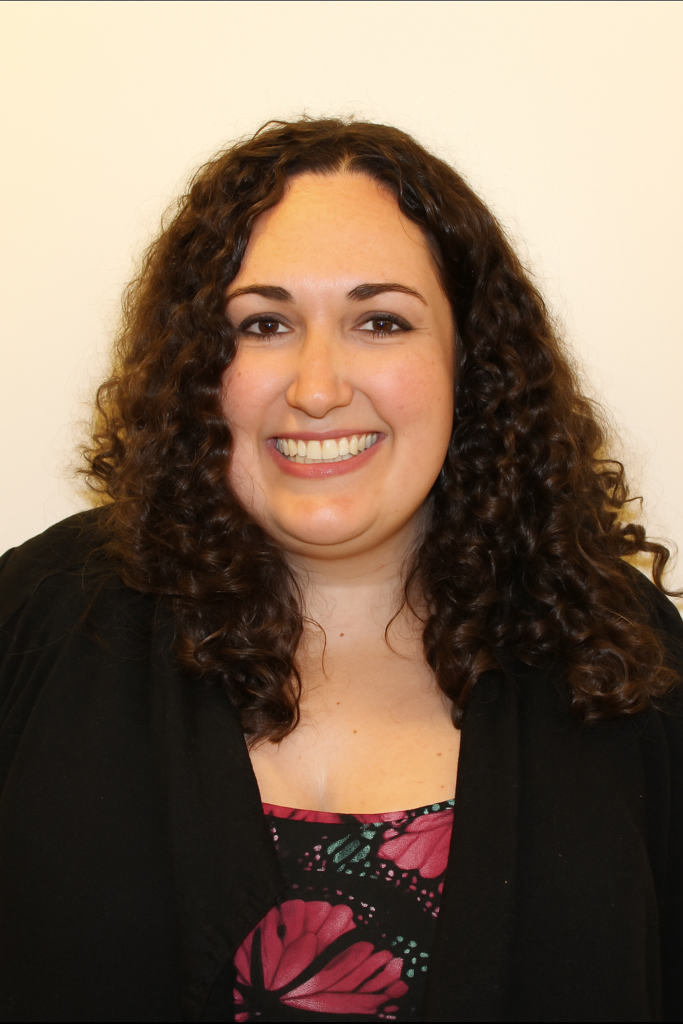
Shelby Magid
Deputy Director, Eurasia Center
Atlantic Council
explore the program

The Eurasia Center’s mission is to enhance transatlantic cooperation in promoting stability, democratic values, and prosperity in Eurasia, from Eastern Europe and Turkey in the West to the Caucasus, Russia, and Central Asia in the East.
Atlantic Council TV
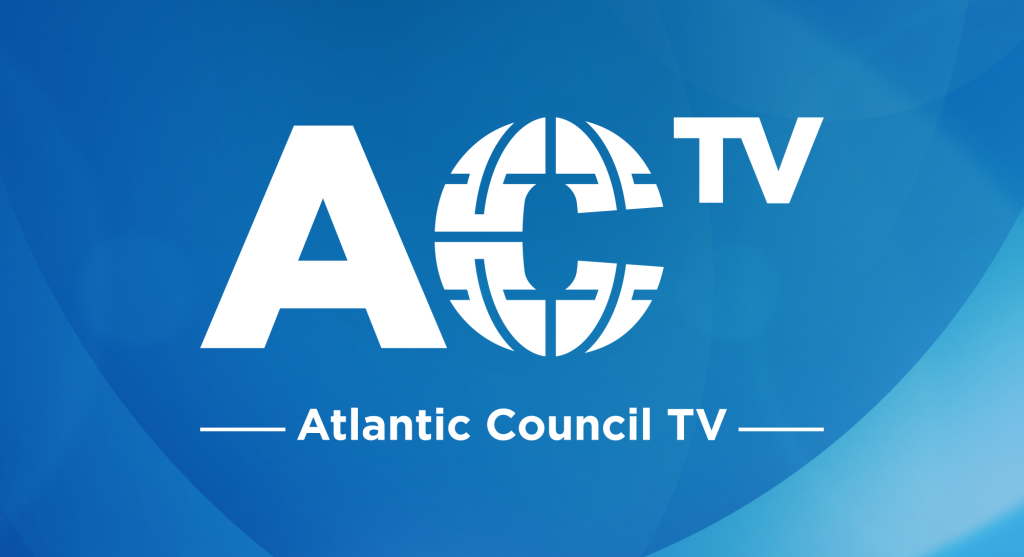
Watch this event and more content on ACTV
Follow the conversations shaping our world. Available on all major platforms.